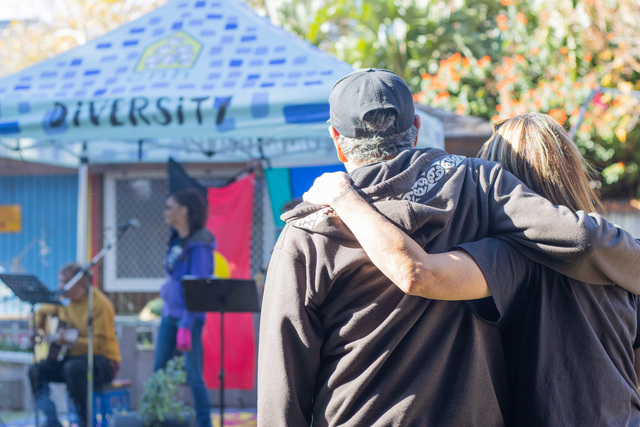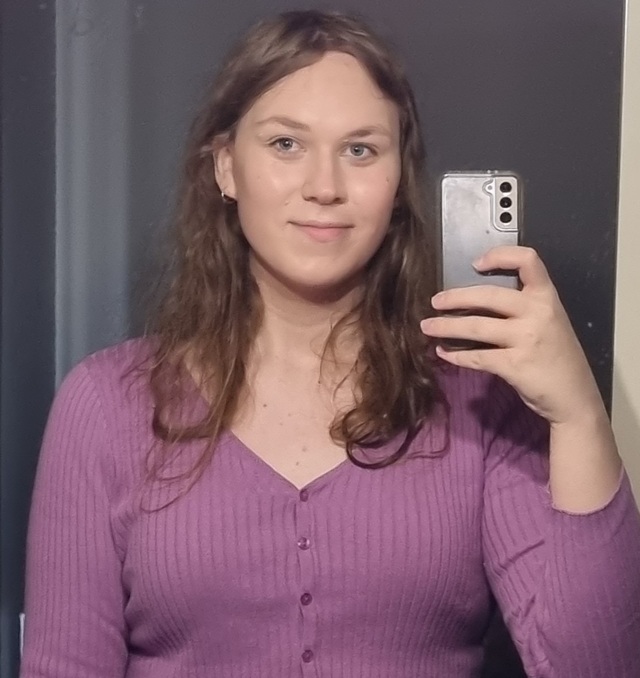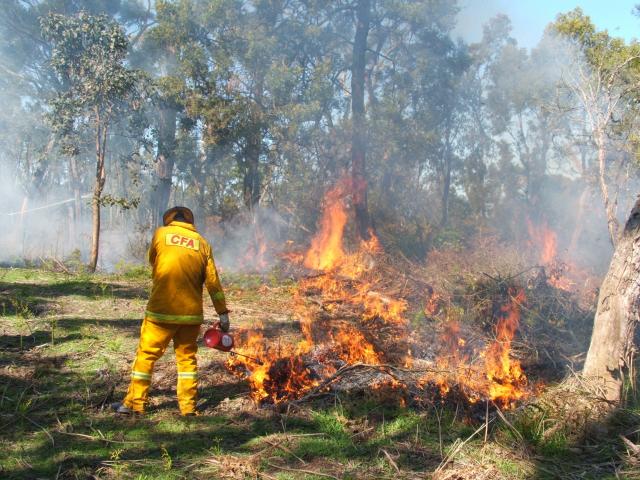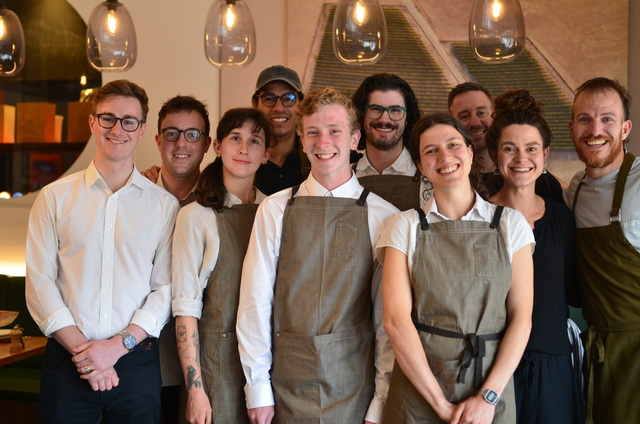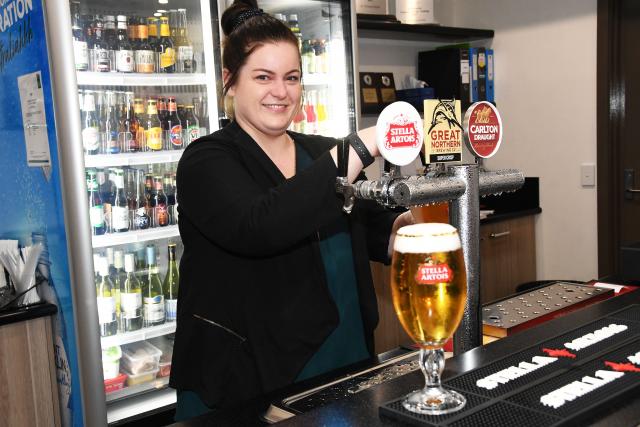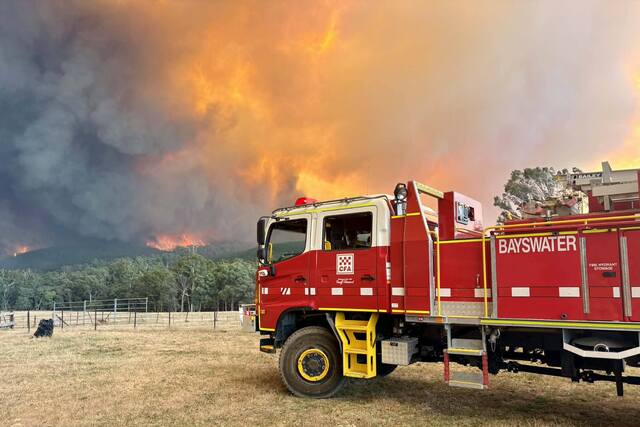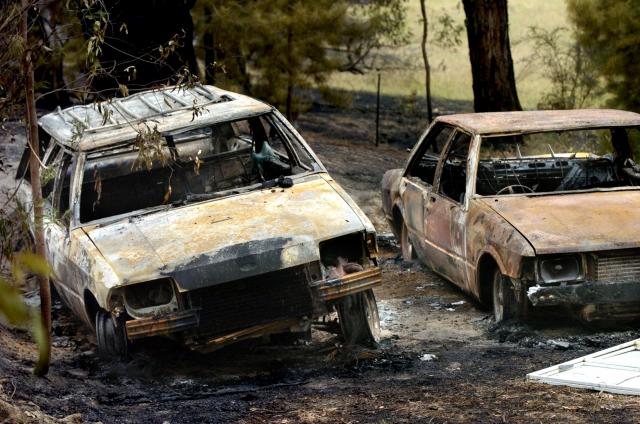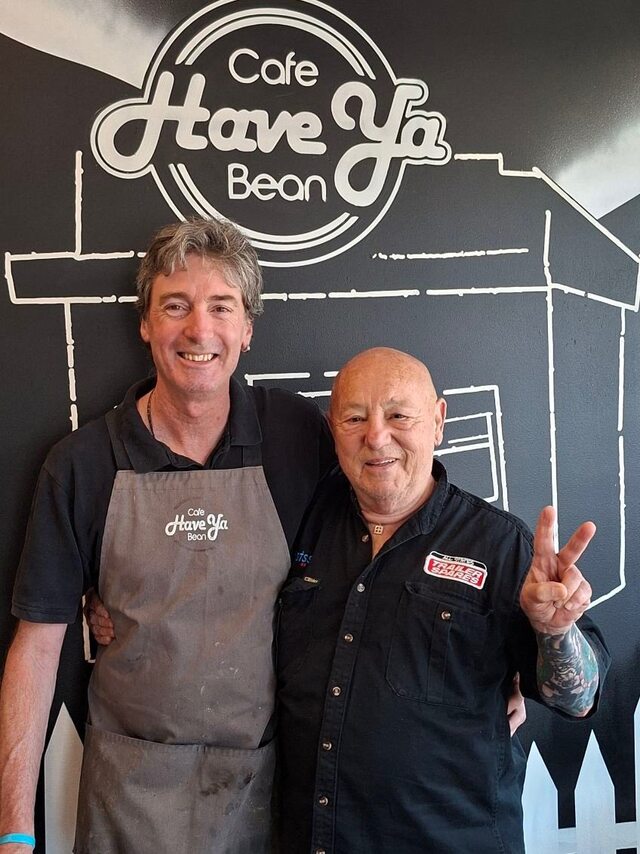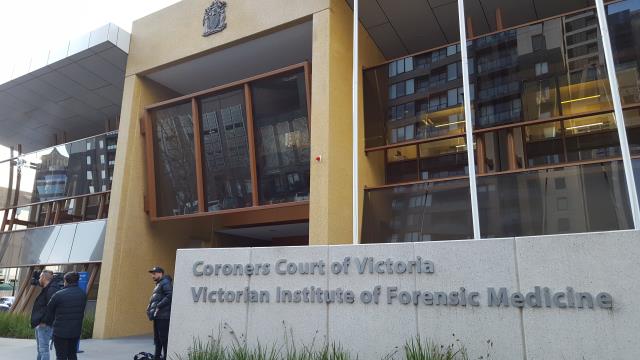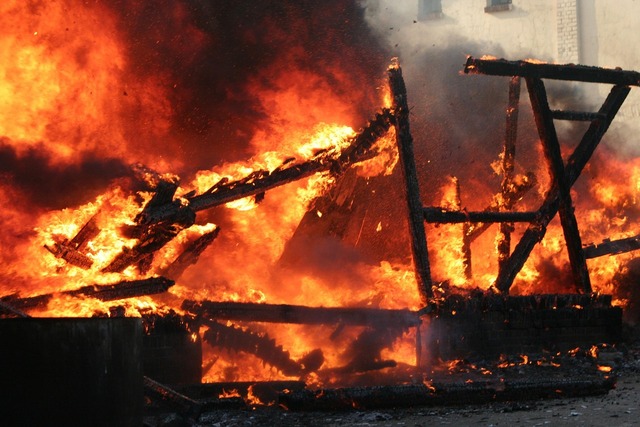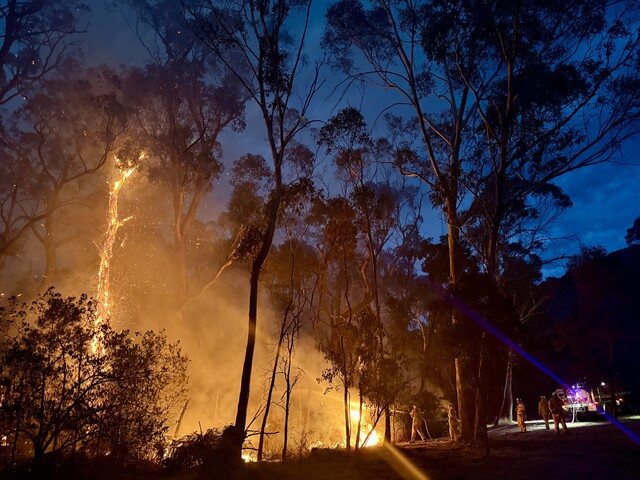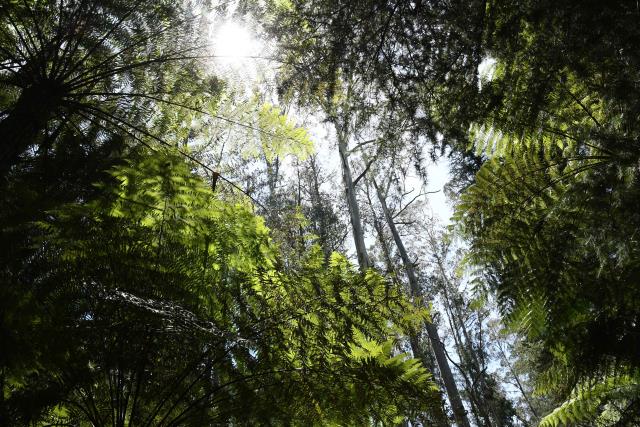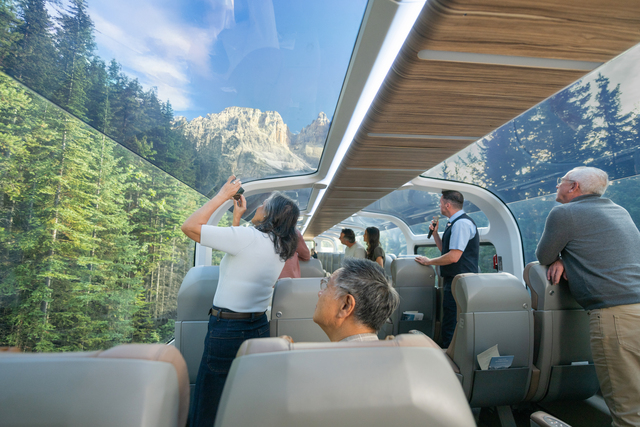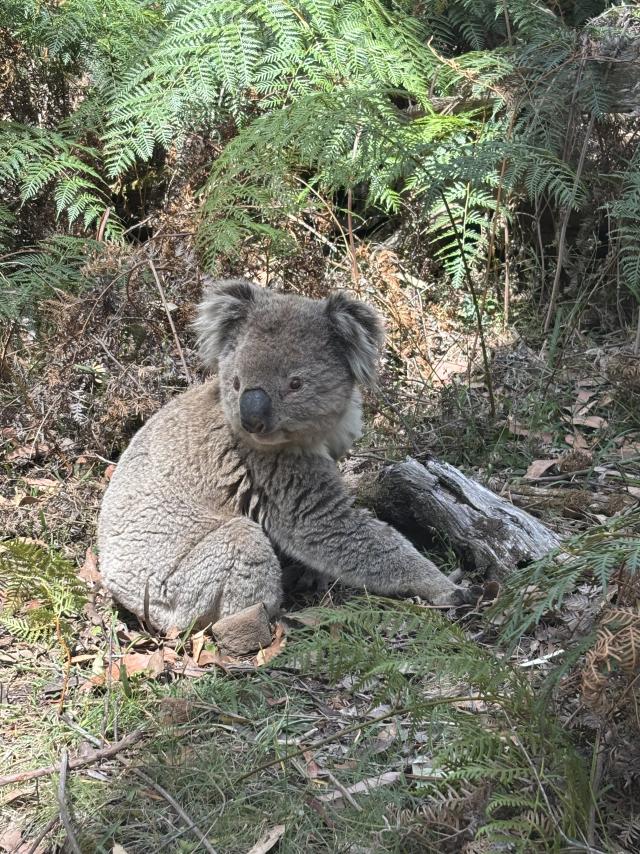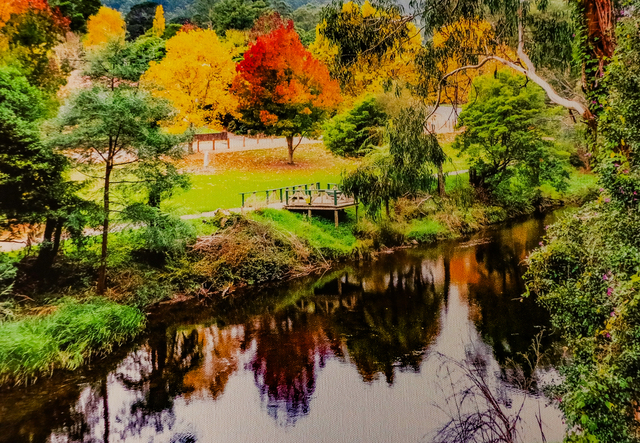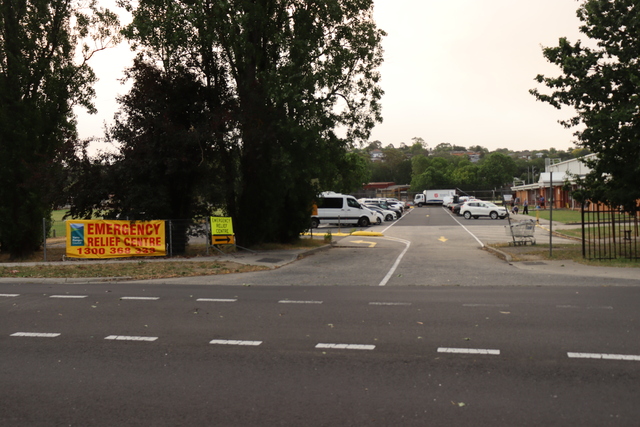National Reconciliation Week (NRW) is from 27 May to 3 June every year, like other parts of Australia, many events are going on across Yarra Ranges to celebrate this special week.
Reconciliation is about strengthening relationships between Aboriginal and Torres Strait Islander peoples and non-Indigenous peoples, for the benefit of all Australians.
It began as a Week of Prayer for Reconciliation in 1993, supported by Australia’s major religious groups.
Three years later, it evolved into National Reconciliation Week under the guidance of the Council for Aboriginal Reconciliation, now known as Reconciliation Australia.
Reconciliation Victoria chief executive officer Nicole Findlay said the week is bookended by significant dates for First Peoples.
“27 May marks the anniversary of the 1967 referendum and 3 June marks the High Court Mabo Decision,” she said.
“This year’s theme is Now More Than Ever and is a reminder to all of us that no matter what, the fight for justice and the rights of Aboriginal and Torres Strait Islander people must continue.
“Reconciliation Victoria has been celebrating this week since we started in 2002.”
The day before NRW, 26 May, is National Sorry Day, which was first held in Sydney in 1998 and is now commemorated nationally to remember and honour the Stolen Generations.
Ms Findlay said Reconciliation Victoria loves to see events all across the state and encourages all Victorians to get involved in this week.
“We work closely with 79 local councils and over 27 local reconciliation groups statewide and enjoy seeing them celebrate reconciliation. When possible, we attend as many events as possible from Halls Gap to Gippsland and beyond,” she said.
“The reconciliation movement is strong, now more than ever. We know that 6.2 million people voted Yes in the referendum last year and we have seen a 30 per cent increase in organisations across Australia committing to meaningful reconciliation through Reconciliation Action Plans (RAPs).
“In Victoria, we host the second highest amount of RAP organisations in Australia, and we are home to the largest network of local reconciliation groups in any state. Since the referendum, the spirit of reconciliation has not dampened in Victoria, and as the peak body for reconciliation in Victoria, we are both excited and encouraged by the spike in interest we are seeing in reconciliation.”
Reconciliation Victoria encourages all Victorians to consider the importance of reconciliation, not just now, but all year round.
“We encourage all Victorians to think about how you will collaborate, educate, and activate others, to support reconciliation progress,” the CEO said.
“Reconciliation means different things to all of us, but at its core, it is about recognition, justice, and healing for and with First Peoples. When we deepen our understanding of this, we can appreciate how much work we still need to do.”

